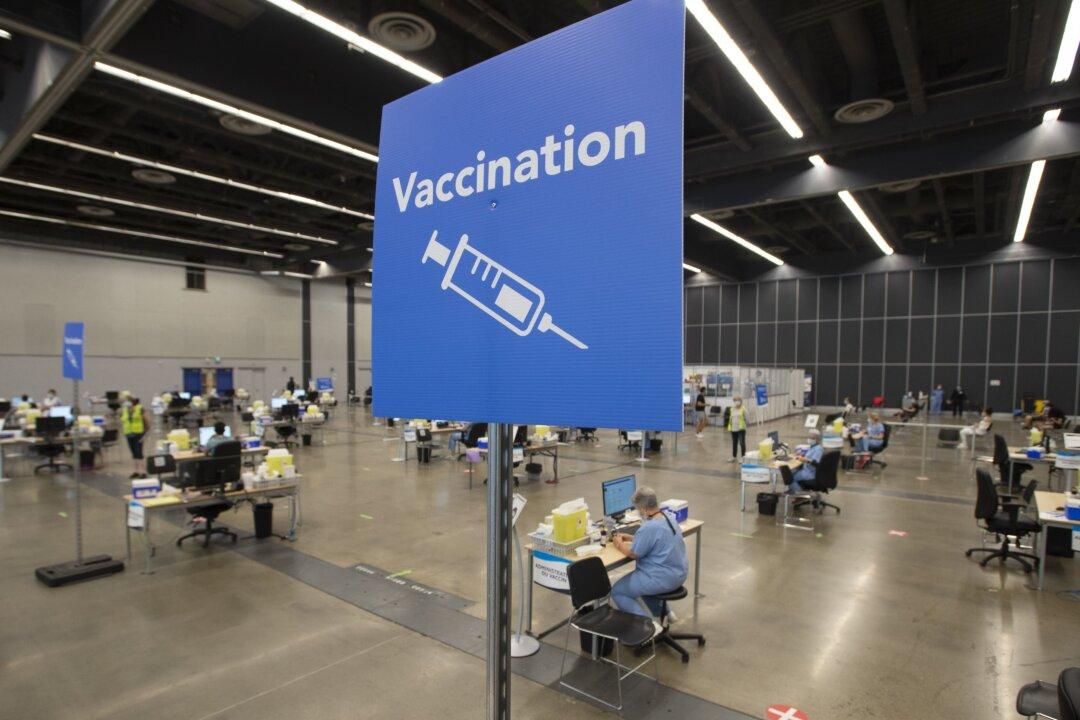The vaccine mandates pushed by the federal and provincial governments have divided Canadians, and the way the unvaccinated are berated is “extremely ugly,” a former judge says.
“I would never have thought such a thing could happen in Canada,” said Brian Giesbrecht, who served as a provincial court judge in Manitoba from 1976 to 2007.





